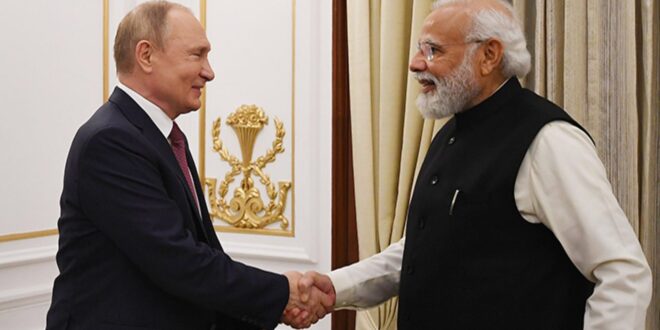India has disregarded pressure imposed by western nations, and continues to engage in trade and energy cooperation with Russia
Indian oil refiners have started purchasing the majority of their Russian oil via UAE-based traders using dirhams, the Gulf state’s currency, instead of the US dollar, a number of informed sources told Reuters on 3 February.
India’s traders and refiners have shown concern that they may not be able to settle their business in US currency, particularly if the cost of Russian crude rises above the EU-imposed 60-dollar price cap announced in December.
As a result, they have been searching for alternative methods to help Russia in its de-dollarization campaign in response to a western embargo. Indian oil refiners attempted to switch from dollars to dirhams earlier in 2022, as Russia had requested but failed.
However, the State Bank of India (SBI) can now clear these payments made in Emirati currency, sources told Reuters, as details on transactions that were not previously reported have been obtained by the news agency.
The switch to dirhams also represents the refusal by the UAE to abide by western diktats in relation to its energy relationship with Moscow.
The European price cap, imposed by the G7 group of nations, aims to prohibit western companies from dealing in Russian crude if the cost exceeds 60 dollars a barrel. This applies even if the crude is destined for countries that do not recognize the cap, such as India and China.
Following the start of the Russian-Ukrainian war and the imposition of harsh economic sanctions against Moscow, New Delhi did not comply with the western-led pressure campaign and has continued to engage in energy cooperation with Russia.
“Russia has become India’s largest oil supplier and has significantly contributed to the country’s energy security,” Russian ambassador to India, Denis Alipov, said during a speech addressing the Indian Council of World Affairs (ICWA) on 2 February.
The two have also significantly boosted trade, as Russian goods have been moved into India via the International North-South Transport Corridor (INSTC).
 Eurasia Press & News
Eurasia Press & News




